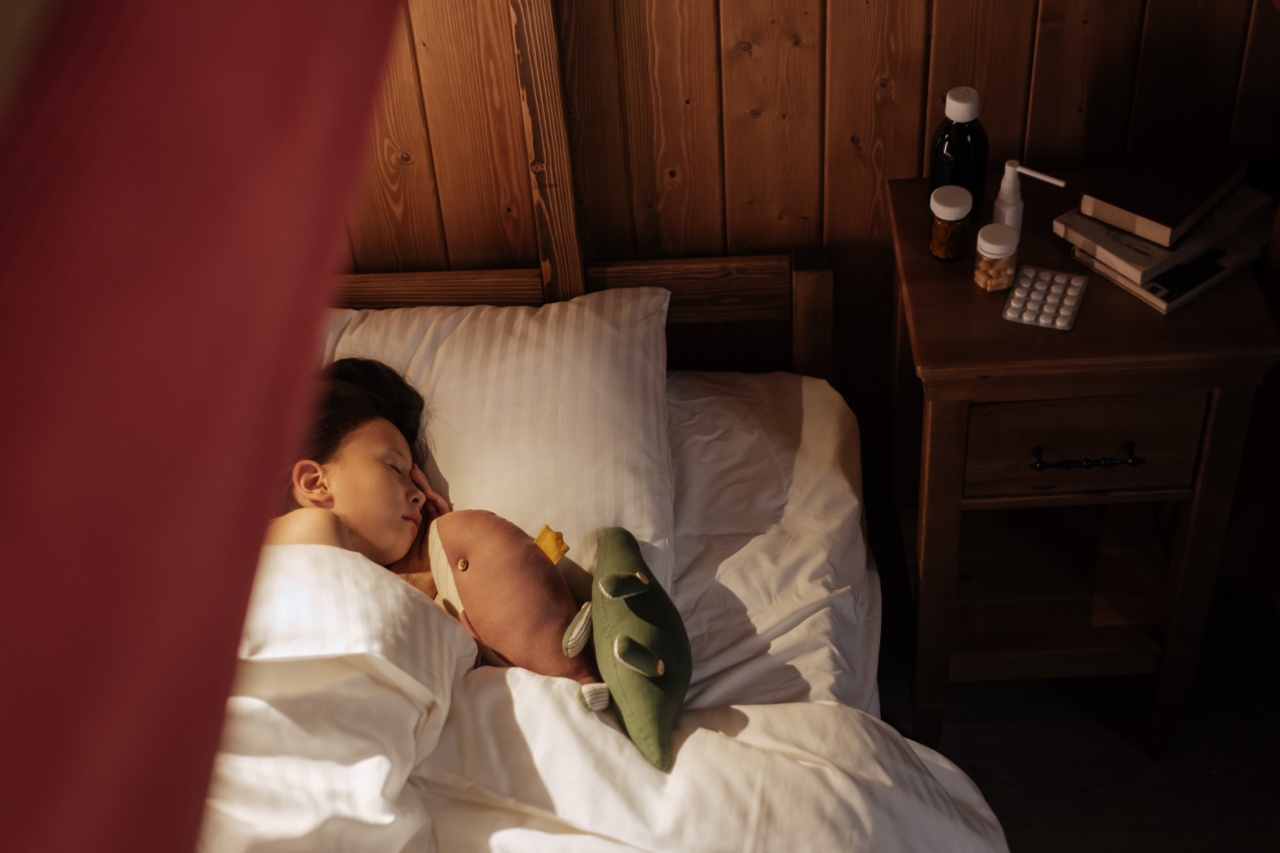Are you struggling to sleep at night? Do you rely on sleeping pills to get a few hours of shut-eye? If so, you may be caught in the grips of sleeping pill addiction.
While these medications offer temporary relief, they come with a host of side effects and can be difficult to quit. However, there is hope for breaking free from the cycle of dependence and reclaiming restful, natural sleep. In this article, we will explore the dangers of sleeping pill addiction and provide a roadmap to help you overcome it.
The Dangers of Sleeping Pill Addiction
Sleeping pills, also known as hypnotics or sedatives, are commonly prescribed to treat insomnia. They work by depressing the central nervous system, slowing down brain activity and inducing sleep.
However, long-term use of these medications can lead to dependence and addiction.
One of the major dangers of sleeping pill addiction is the potential for overdose. As the body becomes tolerant to the medication, higher doses are required to achieve the same level of sedation.
This can easily lead to accidental overdose, especially when combined with alcohol or other depressants.
Another concern is the side effects that come with prolonged use of sleeping pills. These side effects can range from mild to severe, including drowsiness, dizziness, memory problems, and even hallucinations.
Additionally, sleeping pills can disrupt the natural sleep cycle, leading to fragmented sleep and daytime grogginess.
Recognizing the Signs of Sleeping Pill Addiction
Recognizing whether you or a loved one is struggling with sleeping pill addiction is crucial in order to seek appropriate help. Here are some common signs to look out for:.
1. Increasing tolerance: Needing higher doses of sleeping pills to achieve the same effect.
2. Withdrawal symptoms: Experiencing anxiety, insomnia, or tremors when attempting to quit or reduce dosage.
3.
Cravings: Feeling a strong desire or compulsion to take sleeping pills.
4. Doctor hopping: Visiting multiple doctors to obtain more prescriptions.
5. Neglecting responsibilities: Prioritizing sleeping pill use over work, relationships, or other important obligations.
6.
Social isolation: Withdrawing from social activities and hobbies that were once enjoyed.
7. Failed attempts to quit: Trying to stop taking sleeping pills but being unsuccessful.
8. Mood swings: Experiencing irritability, depression, or mood swings when not taking sleeping pills.
9.
Continued use despite negative consequences: Ignoring the negative impact sleeping pill addiction has on health, relationships, or finances.
10. Taking pills for reasons other than sleep: Using sleeping pills to manage stress, anxiety, or other unrelated issues.
Steps to Overcome Sleeping Pill Addiction
Breaking free from sleeping pill addiction is a challenging but achievable goal. Below are some steps you can take to reduce your dependence on sleeping pills and regain control over your sleep:.
1. Consult with a healthcare professional
Speak with your healthcare provider about your desire to quit sleeping pills. They can guide you through the process and provide appropriate alternatives or strategies to manage insomnia.
2. Gradually taper off the medication
Suddenly stopping sleeping pills can lead to severe withdrawal symptoms. Work with your doctor to create a gradual tapering schedule to minimize discomfort and withdrawal effects.
3. Address underlying causes of insomnia
Identify and address any underlying causes of your sleep difficulties. This may involve lifestyle changes, stress management techniques, or therapy sessions to manage anxiety or depression.
4. Establish a bedtime routine
Create a relaxing bedtime routine that signals to your body and mind that it’s time to wind down and prepare for sleep. This may include activities such as reading, taking a warm bath, or practicing relaxation techniques.
5. Practice good sleep hygiene
Adopt healthy sleep habits by maintaining a consistent sleep schedule, creating a comfortable sleep environment, and avoiding stimulants like caffeine and electronic devices close to bedtime.
6. Explore non-pharmacological sleep aids
Consider using non-pharmacological sleep aids such as herbal supplements, aromatherapy, or relaxation techniques like mindfulness meditation or yoga to promote better sleep without relying on medication.
7. Seek support
Join support groups or talk to a therapist who specializes in addiction to help you navigate the challenges of overcoming sleeping pill addiction. Connecting with others who have similar experiences can provide valuable insight and encouragement.
8. Practice self-care
Engage in self-care activities that promote overall well-being, such as regular exercise, nutritious eating, and engaging in hobbies or activities that bring you joy.
9. Be patient and persistent
Breaking free from sleeping pill addiction takes time and effort. There may be setbacks along the way, but it’s important to stay committed to your goal of achieving natural, restful sleep.
Conclusion
Sleeping pill addiction can be a challenging obstacle to overcome, but with the right support and strategies, it is possible to break free from its grip.
By recognizing the signs, seeking professional help, and implementing healthy sleep habits, you can regain control over your sleep and improve your overall well-being. Remember, you are not alone in this journey, and there is hope for a brighter, more restful future.


























